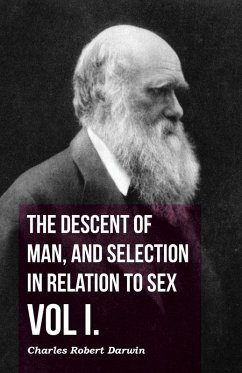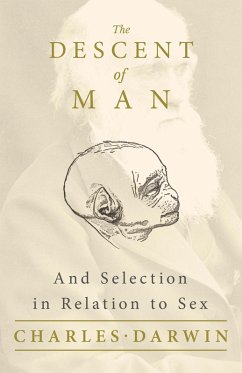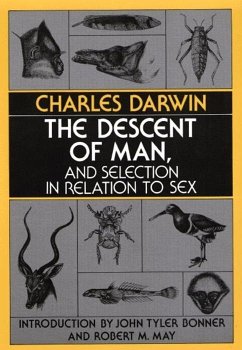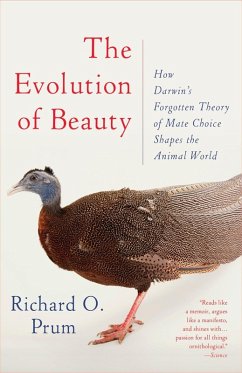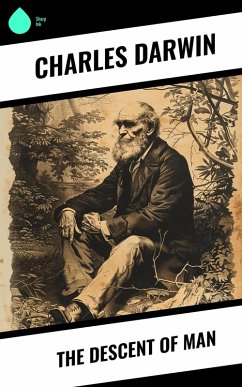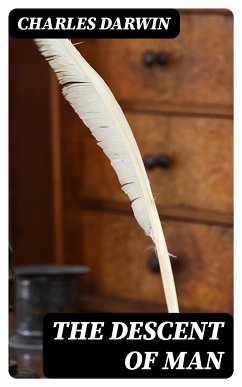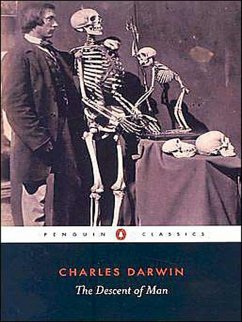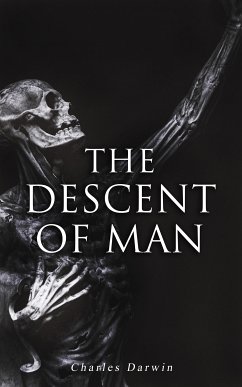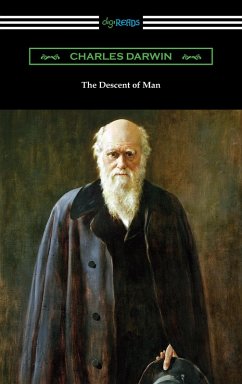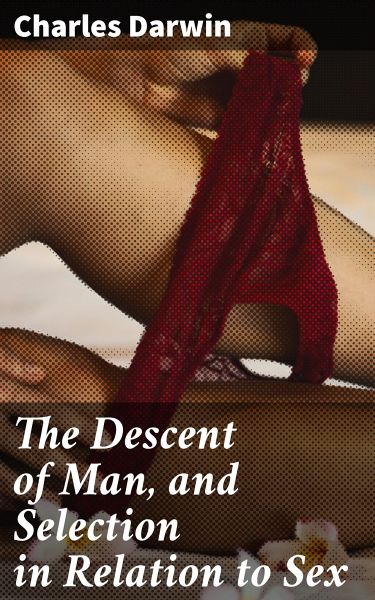
The Descent of Man, and Selection in Relation to Sex (eBook, ePUB)
Unveiling the Role of Sexual Selection in Human Evolution

PAYBACK Punkte
0 °P sammeln!
In "The Descent of Man, and Selection in Relation to Sex," Charles Darwin compellingly expands upon his theories of evolution, focusing specifically on human evolution and sexual selection. Written in 1871, the book is a cornerstone of evolutionary biology, blending scientific rigor with eloquent prose. Darwin meticulously examines the physiological and psychological traits of humans compared to other species, arguing that sexual selection plays a crucial role in the evolution of both physical and behavioral characteristics. His exploration encompasses a broad range of topics, from race and ge...
In "The Descent of Man, and Selection in Relation to Sex," Charles Darwin compellingly expands upon his theories of evolution, focusing specifically on human evolution and sexual selection. Written in 1871, the book is a cornerstone of evolutionary biology, blending scientific rigor with eloquent prose. Darwin meticulously examines the physiological and psychological traits of humans compared to other species, arguing that sexual selection plays a crucial role in the evolution of both physical and behavioral characteristics. His exploration encompasses a broad range of topics, from race and gender to aesthetics and morality, ultimately presenting a profound reflection on humanity's place within the natural world. Charles Darwin, a naturalist and geologist, is best known for his groundbreaking work on evolution through natural selection, highlighted in his earlier work, "On the Origin of Species." His extensive travels, particularly on the HMS Beagle, and his observations of diverse ecosystems profoundly influenced his thoughts on human origins and sexual selection. Through his meticulous research and dedication to empirical evidence, Darwin crafted a narrative that not only challenges societal norms of his era but also sets the foundation for modern biology and anthropology. This seminal work is essential for anyone interested in the fields of biology, anthropology, or the historical context of scientific thought. It offers profound insights into the complexities of human evolution and is a testament to Darwin'Äôs lasting impact on our understanding of life. Readers will find themselves captivated by Darwin's arguments and his masterful interrogation of what it means to be human.
Dieser Download kann aus rechtlichen Gründen nur mit Rechnungsadresse in A, B, BG, CY, CZ, D, DK, EW, E, FIN, F, GR, H, IRL, I, LT, L, LR, M, NL, PL, P, R, S, SLO, SK ausgeliefert werden.





